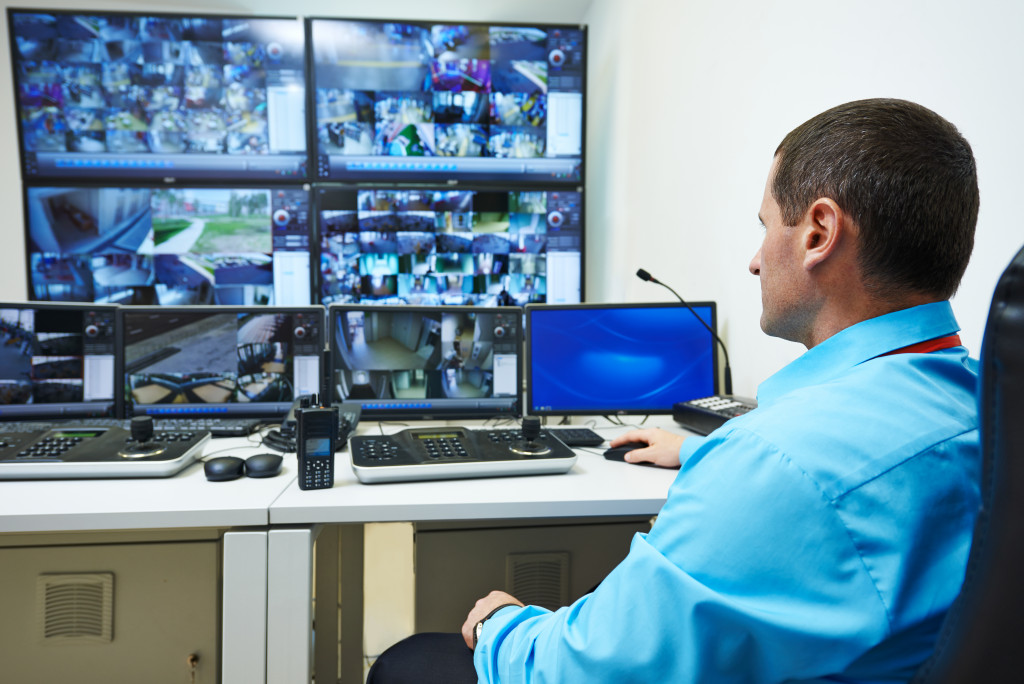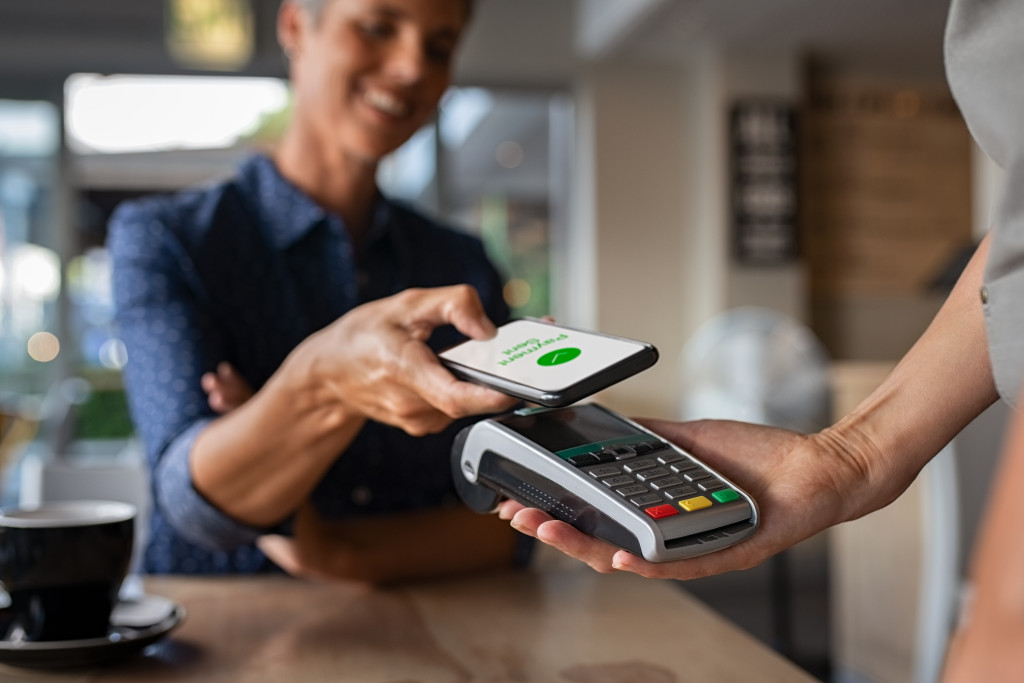- Emergency response technologies are making it easier for businesses to implement adequate security measures and protect against various threats.
- Automated Secure Alarm Protocol to Public Safety Answering Point (ASAP-to-PSAP) monitoring streamlines the emergency response process.
- Businesses can use real-time surveillance with video analytics and facial recognition technologies to monitor their premises, employees, and customers.
- Blockchain technology, biometric authentication, multi-factor authentication, and encrypted payment systems can further improve security posture and safeguard data.
With the increasing digitization of business processes and operations, ensuring robust security measures has become a top priority for organizations of all sizes. The proliferation of sophisticated cyber threats and the potential for financial losses, reputational damage, and legal penalties mean that companies can’t afford to take security lightly. Fortunately, emerging technologies are making it easier for businesses to implement adequate security measures and protect against various threats. Here are some top tech trends that will impact business security in 2023.
Emergency Response
In addition to traditional security measures like firewalls, access control systems, and security cameras, businesses are increasingly investing in technologies that can help them respond quickly and effectively in an emergency. This can include everything from automated alerts to emergency response teams to real-time monitoring and reporting.

ASAP-to-PSAP Monitoring
One promising technology gaining traction in business is ASAP-to-PSAP (Automated Secure Alarm Protocol to Public Safety Answering Point) monitoring. This system is designed to streamline the emergency response process by automating the transmission of alarm notifications from security systems to emergency dispatch centers.
By eliminating the need for multiple turnovers, implementing ASAP-to-PSAP emergency monitoring can reduce response times and increase the effectiveness of emergency response efforts. This technology can be beneficial for businesses operating in multiple locations or with large, complex facilities.
Real-time Surveillance
Real-time surveillance is another significant trend that will revolutionize business security. Businesses can monitor their premises in real time by leveraging video analytics and facial recognition technologies. This allows them to quickly detect and respond to potential security threats, which can help minimize losses due to theft or other malicious activities.
Real-time surveillance also enables businesses to monitor the safety of their employees and customers, which is essential in preventing accidents, injuries, and crime.
Authentication
Access control systems are essential for businesses to protect their premises and data. However, traditional authentication methods such as passwords and pins can be tricky to remember and may not provide adequate security. Luckily, new technologies are becoming increasingly popular for businesses, such as the following:
Biometric Authentication
Another trend that is gaining momentum in the business world is biometric authentication. Biometric authentication involves using unique physical or behavioral characteristics, such as fingerprints, facial recognition, or voice recognition, to verify the identity of users. This can be a more secure and convenient alternative to traditional password-based authentication methods, which can be vulnerable to hacking, phishing, and other forms of cyberattacks.
Multi-factor authentication
Another common type of authentication is multi-factor authentication, which requires users to provide multiple forms of identification before granting access to a system or application. This can include a combination of data, such as phone number and email address, and something the user possesses, such as an access key or a mobile device.
Blockchain Technology
This is another trend that is gaining traction in the business world as a means of improving security. Blockchain is a distributed ledger technology that allows for secure and transparent transactions without a central authority or intermediary. This can help to reduce the risk of fraud, tampering, and other forms of malicious activity.
Smart Contracts
One way that businesses are leveraging blockchain technology for security purposes is through the use of smart contracts. Smart contracts are self-executing contracts that enforce the terms and conditions of a transaction on their own. By using blockchain to verify and enforce these contracts, businesses can reduce the risk of fraud and ensure that transactions are carried out in a secure and transparent manner.

Encrypted Payment Systems
Blockchain technology also allows businesses to process payments securely. Many companies are now leveraging encrypted payment systems to protect customer data and reduce the risk of fraud during transactions. This can be particularly beneficial for businesses that process large amounts of payments, as it allows them to maintain a secure and efficient payment processing system. Thus, encrypted payment systems are quickly becoming a must-have for businesses looking to secure their finances.
As the threat landscape continues to evolve, businesses must stay vigilant in their efforts to protect against cyber threats and other security risks. By leveraging emerging technologies, companies can improve their security posture and safeguard their assets, data, and reputation. Thus, businesses should stay abreast of the latest security trends and technologies to ensure they are prepared for whatever challenges may come.
